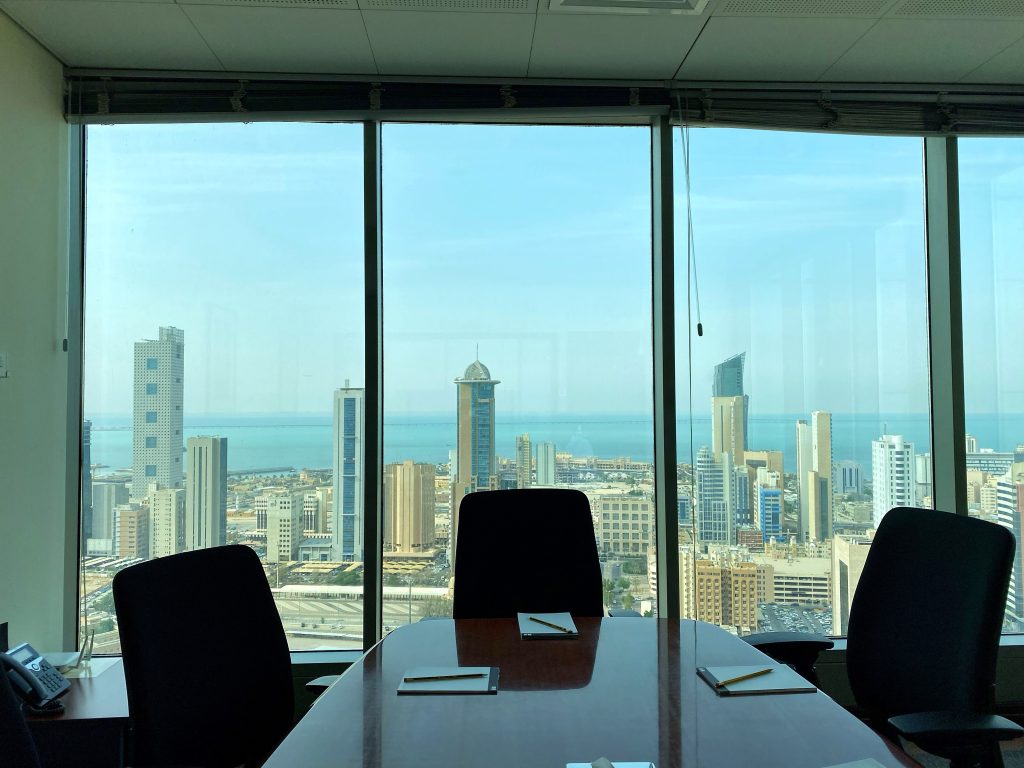The Gulf Cooperation Council (GCC) is poised to accelerate economic expansion by improving its regional dispute resolution mechanisms this year.
Recognized for its benefits to the business sector, the GCC is increasingly adopting alternative dispute resolution (ADR) practices, such as arbitration and mediation. A robust ADR framework instills confidence in commercial agreements and can mitigate confrontational legal battles, promoting a more cooperative and effective business environment.
Embracing Arbitration as a Viable Alternative
The UAE’s endorsement of the New York Convention in 2006 has revolutionized the arbitration landscape in the region, offering a preferable option for international contracts over traditional court systems.
The Dubai International Arbitration Centre (DIAC) underwent a significant overhaul following Dubai’s Decree 34, merging with another arbitration institute, modernizing its rules, and enhancing its arbitration court and registry.
Moreover, the recent inauguration of arbitrateAD in Abu Dhabi with its arbitration rules, issued on February 1, 2024, signifies further growth in regional arbitration services. The UAE also made minor amendments to its 2018 federal arbitration law in 2023 to refine the arbitration process.
In Saudi Arabia, updates to the Saudi Center for Commercial Arbitration (SCCA)’s rules in 2023 have supported substantial giga-projects, encouraging foreign investment. Riyadh is scheduled to host its inaugural disputes week in early March 2024 to commemorate these advancements.
GCC courts, particularly those in the UAE and Saudi Arabia, are demonstrating commendable enforcement rates of arbitral awards, thus fostering a judiciary that expeditiously dismisses baseless appeals against such awards.
Mediation: A Return to Traditional Methods
Mediation, offering a less formal approach to dispute resolution, has been gaining traction due to its alignment with regional cultural values and its cost-effectiveness compared to litigation.
The adoption of the Singapore Convention on Mediation has been a significant stride toward making mediated settlements enforceable worldwide. With Saudi Arabia and Qatar already participating, and the UAE’s expected accession, the region is affirming its dedication to ADR.
The UAE is also proactively enhancing its mediation services through initiatives such as specialized training, the formation of mediator rosters, and the promotion of mediation in both public and private sectors.
Enhancing Dispute Resolution Foundations
Recent reforms have cultivated a more predictable and clear-cut legal environment, bolstering investor confidence and soliciting more domestic and international investments. The region’s ambition to become a premier global business destination is reflected in its efforts to refine its dispute resolution mechanisms, aligning them with international best practices.
The integration of cutting-edge technologies like artificial intelligence and blockchain into the dispute resolution process is anticipated to improve efficiency, transparency, and accessibility.
The region’s proactive approach to innovation and legal technology adoption places it at the vanguard of utilizing these advancements for enhanced dispute resolution. By focusing on the enhancement of arbitration and mediation practices and gearing up for technological breakthroughs, the region is strategically positioned to establish new global standards in dispute resolution, benefiting all parties involved and fostering a secure, reliable, and sophisticated business climate conducive to continued economic growth and international investment.
